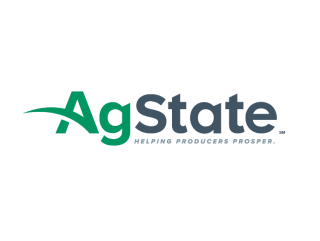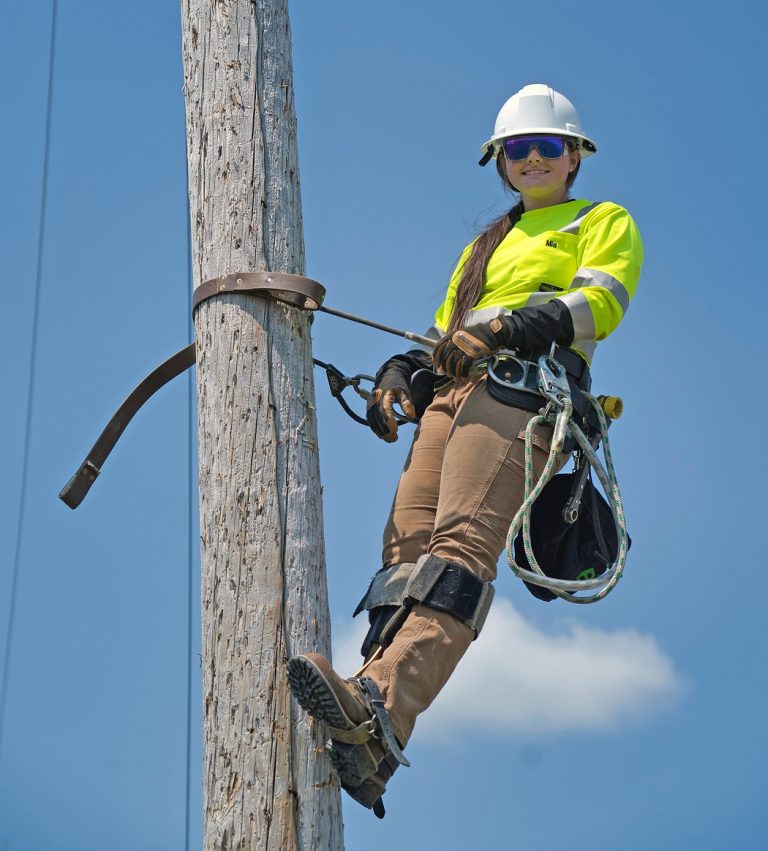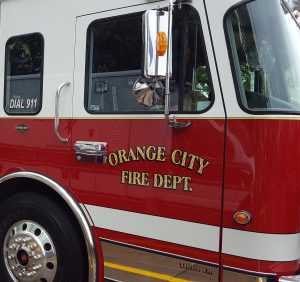Des Moines, Iowa — The Iowa Department of Agriculture and Land Stewardship said there are no new probable cases of highly pathogenic avian influenza (HPAI) today and there was only one new case this past week.

Information from the Iowa Department of Agriculture indicates:
All infected turkey flocks have been depopulated and are currently being composted. Once composting is completed the facilities will be cleaned and disinfected. Environmental samplings of all sites will take place to confirm successful cleaning and disinfecting before restocking.
All but one of the commercial laying and pullet facilities have been depopulated. Euthanasia on the final site is expected to be finished by early next week. In addition, depopulation on the final backyard flock is expected to be completed by the end of the day.
Disposal of affected birds is ongoing. Composting, burial, incineration and landfills are all being used. To-date, 457 bio-secure boxes have been disposed of via incineration or at one of the two currently approved landfills. Approximately 600 of the bio-secure boxes are still in need of disposal. U.S. Department of Agriculture (USDA) contractor Clean Harbors is moving the materials. All trucks are cleaned and disinfected before the leave an infected site and before leaving a disposal site.
USDA has more than 2100 staff and contractors helping respond to the avian influenza situation in Iowa. A new USDA Incident Management Team (IMT) will rotate in this weekend and takeover oversight of the USDA’s activities. The past IMTs have operated out of Worthington, MN. The new team will move to Ames for their operations.
More than 300 state employees have also participated in the disaster response at some point. The Iowa Department of Agriculture and Land Stewardship, Iowa Department of Homeland Security and Emergency Management, Iowa Department of Natural Resources, Iowa Department of Public Health (in conjunction with local public health officials), Iowa Department of Human Services, Iowa Department of Transportation, and Iowa National Guard have all supported the response effort to this disease.
Updated information about the number cases, when they are confirmed and other relevant information will be posted to the Iowa Department of Agriculture and Land Stewardship’s website at www.iowaagriculture.gov/avianinfluenza.asp.
The Center for Disease Control (CDC) and Iowa Department of Public Health considers the risk to people from these HPAI H5 infections in wild birds, backyard flocks and commercial poultry, to be low. No human infections with the virus have ever been detected and there is no food safety risk for consumers.
Background information
The United States has the strongest Avian Influenza (AI) surveillance program in the world. As part of the existing USDA avian influenza response plans, Federal and State partners as well as industry are responding quickly and decisively to these outbreaks by following these five basic steps: 1) Quarantine – restricting movement of poultry and poultry-moving equipment into and out of the control area; 2) Eradicate – humanely euthanizing the affected flock(s); 3) Monitor region – testing wild and domestic birds in a broad area around the quarantine area; 4) Disinfect – kills the virus in the affected flock locations; and 5) Test – confirm that poultry farms in the area are free of the virus.
The Iowa Department of Agriculture and Land Stewardship in partnership with the Iowa Department of Public Health are working directly with poultry workers at the affected facility to ensure proper precautions are being taken.
These virus strains can travel in wild birds without those birds appearing sick. People should avoid contact with sick/dead poultry or wildlife. If contact occurs, wash your hands with soap and water and change clothing before having any contact with healthy domestic poultry and birds.
All bird owners, whether commercial producers or backyard flock owners, should continue to practice good biosecurity, prevent contact between their birds and wild birds, and report sick birds or unusual bird deaths to state/federal officials, either through their state veterinarian at 515-281-5321 or through USDA’s toll-free number at 1-866-536-7593.
Information will also be posted to the Iowa Department of Agriculture and Land Stewardship’s website at www.iowaagriculture.gov/avianinfluenza.asp.











